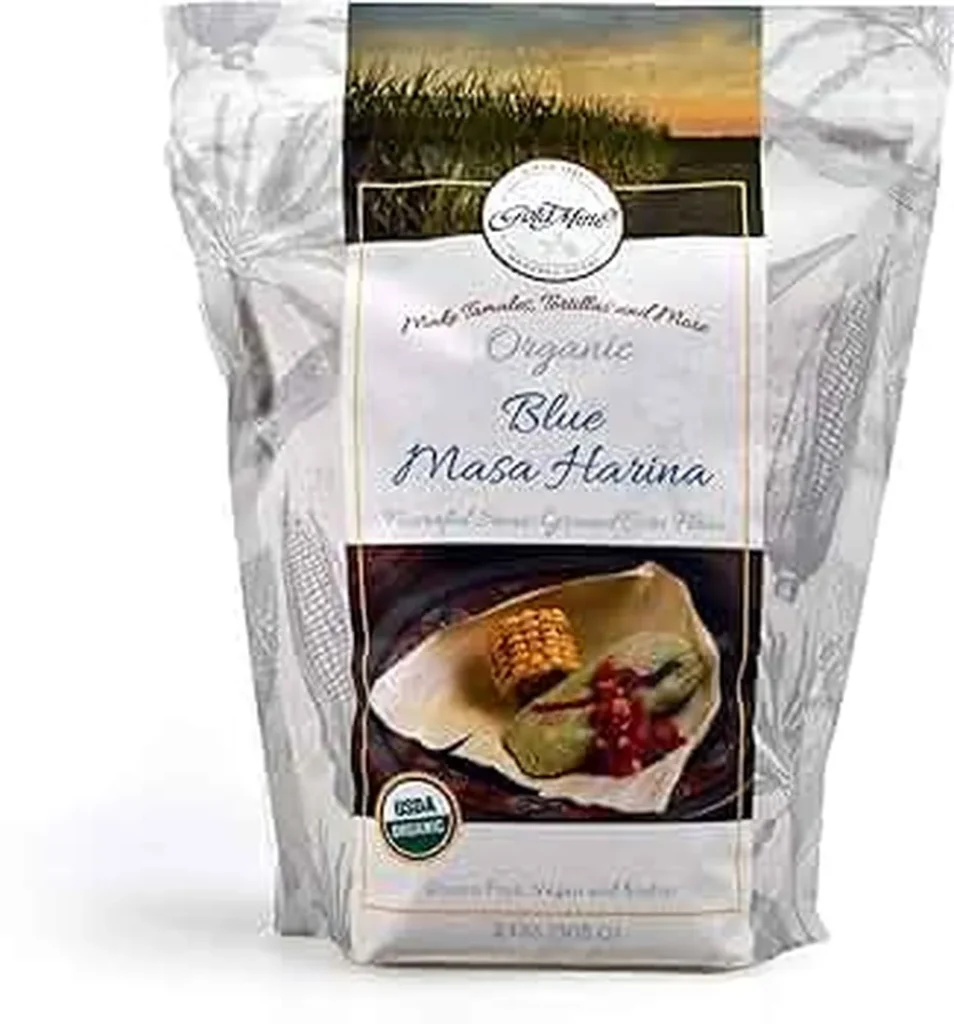In the heart of Indonesia, a traditional beverage known as Minasarua has been cherished by the local community in Bima for its perceived health benefits. Now, a recent review published in *Advances in Food Science, Sustainable Agriculture, and Agroindustrial Engineering* is shedding light on the scientific potential of this age-old drink, offering promising insights for both the health and agriculture sectors.
Minasarua, crafted from a blend of ginger, turmeric, Javanese chilli pepper, black pepper, and fermented black glutinous rice, is packed with bioactive compounds like gingerol, shogaol, curcumin, piperine, and anthocyanins. These compounds are renowned for their antioxidant and anti-inflammatory properties, which can neutralize free radicals and inhibit pro-inflammatory cytokines. However, the real magic might lie in the synergistic effects of these compounds when combined in Minasarua, a phenomenon that has remained underexplored until now.
Lead author Neyla Vista Maramy from Universitas Brawijaya explains, “While individual components have been studied extensively, the potential synergistic effects of these compounds when combined in Minasarua remain underexplored.” This review highlights the promising role of Minasarua as a functional beverage, suggesting that the interaction among its major compounds may enhance their collective antioxidant and anti-inflammatory activities.
The implications for the agriculture sector are significant. As consumer demand for functional foods and beverages continues to rise, there is a growing opportunity for farmers and producers to diversify their crops and explore new markets. The cultivation of ingredients like ginger, turmeric, and black glutinous rice could see a boost, providing economic benefits to local communities and promoting sustainable agricultural practices.
Moreover, the potential health benefits of Minasarua could pave the way for its commercialization as a health-promoting traditional drink. This could open up new avenues for agro-industrial development, from small-scale producers to large-scale manufacturers, all while preserving traditional knowledge and practices.
As Maramy notes, “These findings offer a foundation for future research into the development of Minasarua as a health-promoting traditional drink.” The review not only underscores the importance of traditional knowledge but also highlights the need for further scientific exploration to unlock the full potential of Minasarua and similar traditional beverages.
In an era where health and wellness are at the forefront of consumer priorities, the rediscovery of traditional beverages like Minasarua could be a game-changer. By bridging the gap between traditional wisdom and modern science, we can unlock new opportunities for the agriculture sector and promote healthier lifestyles. The journey of Minasarua from a local beverage to a potential global health product is just beginning, and the future looks promising.

